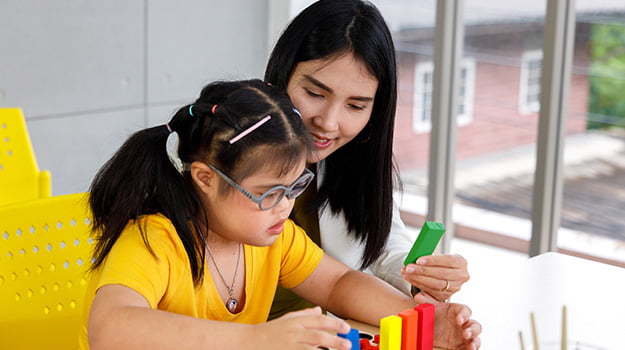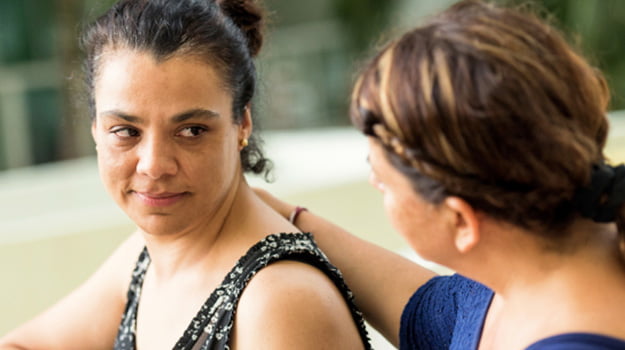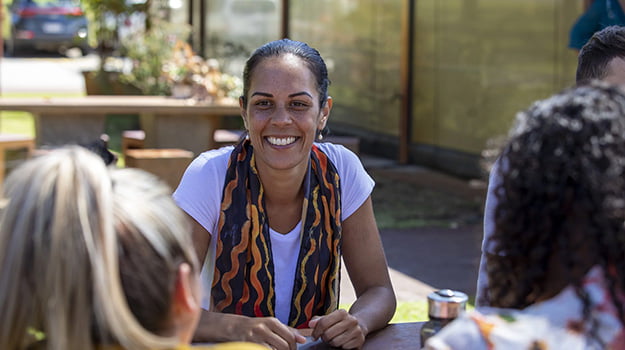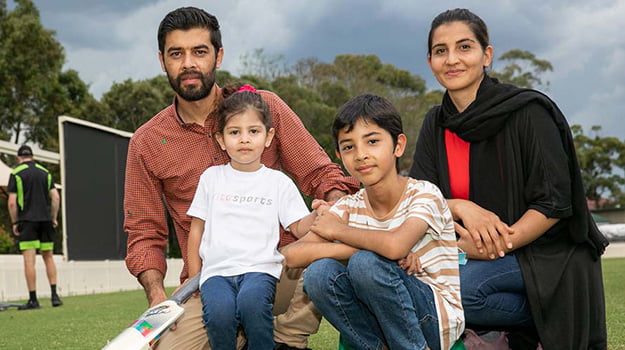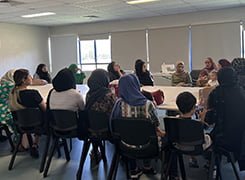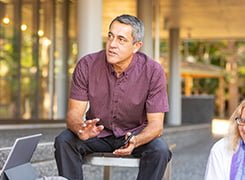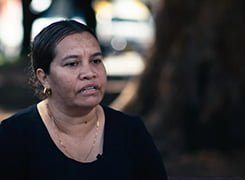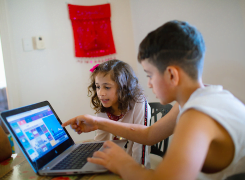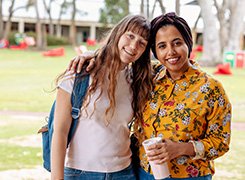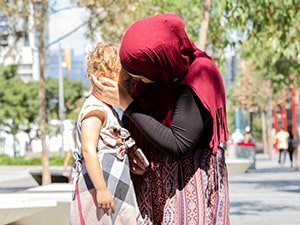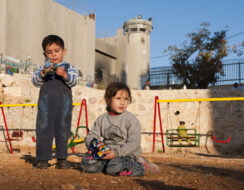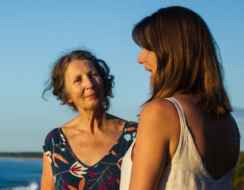12 Aug 2014
NewsHomeless refugee youth feel double loss
An Unaccompanied Humanitarian Minor is a young person under the age of 18 years without a parent or guardian who is a refugee under Australia’s Offshore Humanitarian Program or has been granted a Protection Visa in Australia.
Research shows that youth from a refugee background are up to 10 times more likely to experience homelessness than Australian born youth [1].
SSI Manager Humanitarian Services, David Keegan said the organisation’s reason for filming ‘Broken Time’ was to highlight the distinct challenges faced by young refugees who find themselves in this situation. The production of Broken Time was supported by Yfoundations, a peak body representing young people at risk of or experiencing homelessness.
“Many unaccompanied youth have been separated from their family due to violent conflict or persecution, and have experienced or witnessed significant trauma, instability and a broken, if any, education,” said Mr Keegan.
“Becoming homeless, in a new country, is a double loss for them. Challenges associated with adjusting to a new culture and language, compounded with a lack of knowledge about how to access support services and employment, create a highly vulnerable group.”
Broken Time also explores some of the commonality of youth homelessness through Ali’s encounter with a young local girl he meets on the street.
Director and producer of Broken Time Barry Gamba, developed the script through collaborations with refugees, UHM and homeless youth, who drew on their experiences to inform the narrative.
“The story contrasts two main characters and the experiences that have resulted in their homelessness,” said Mr Gamba.
“One is rendered homeless through a history of domestic violence and wants nothing to do with her family, while the other is homeless as a result of political violence, and would do anything to be reunited with his family again.”
Mr Keegan said that it’s a unique predicament that UHMs face.
“The specific issues and barriers they can encounter require specialist training for people who work with young refugees and with homeless youth,” said Mr Keegan.
“SSI has developed specialist training for its case managers to help them provide support for UHMs. Obviously, not having the support of their families, they have different support needs than other refugees who arrive as humanitarian entrants.”
Incredibly, this adversity highlights the resilience that many young refugees possess.
“They have a lot to negotiate, but the situation often highlights their skills in adaptability and resourcefulness, which manifests in their determination to succeed here.”
Dilber enjoyed his first acting experience, drawing on his knowledge from a Diploma in Communication he did when living in Islamabad.
“I hope this story will help people understand and respect the journey that refugees make,” he said.
UHM program operates in a changing environment and cohorts may change in line with changing international trends and government policy. As at June 2012 there were 865 UHM in Australia predominantly 16 to 17-year-old males with the majority coming form from Afghanistan [2].
The film has been produced as an educational tool for high schools, TAFE and organisations working with young people from a refugee background and in the homelessness and housing sector.
For organisations interested in getting a copy of the film, please email hmuir@ssi.org.au
1 Finding Home In Victoria (2010) The Centre for Multicultural Youth
2 Unaccompanied Humanitarian Minors in Australia, MYAN Policy Paper 2012
………………………………………………END……………………………………………………
Media enquiries:
SSI Communications Officer, Rekha Sanghi 0422 304 578
SSI Marketing and Communications Manager, Angela Calabrese 0401 284 828

